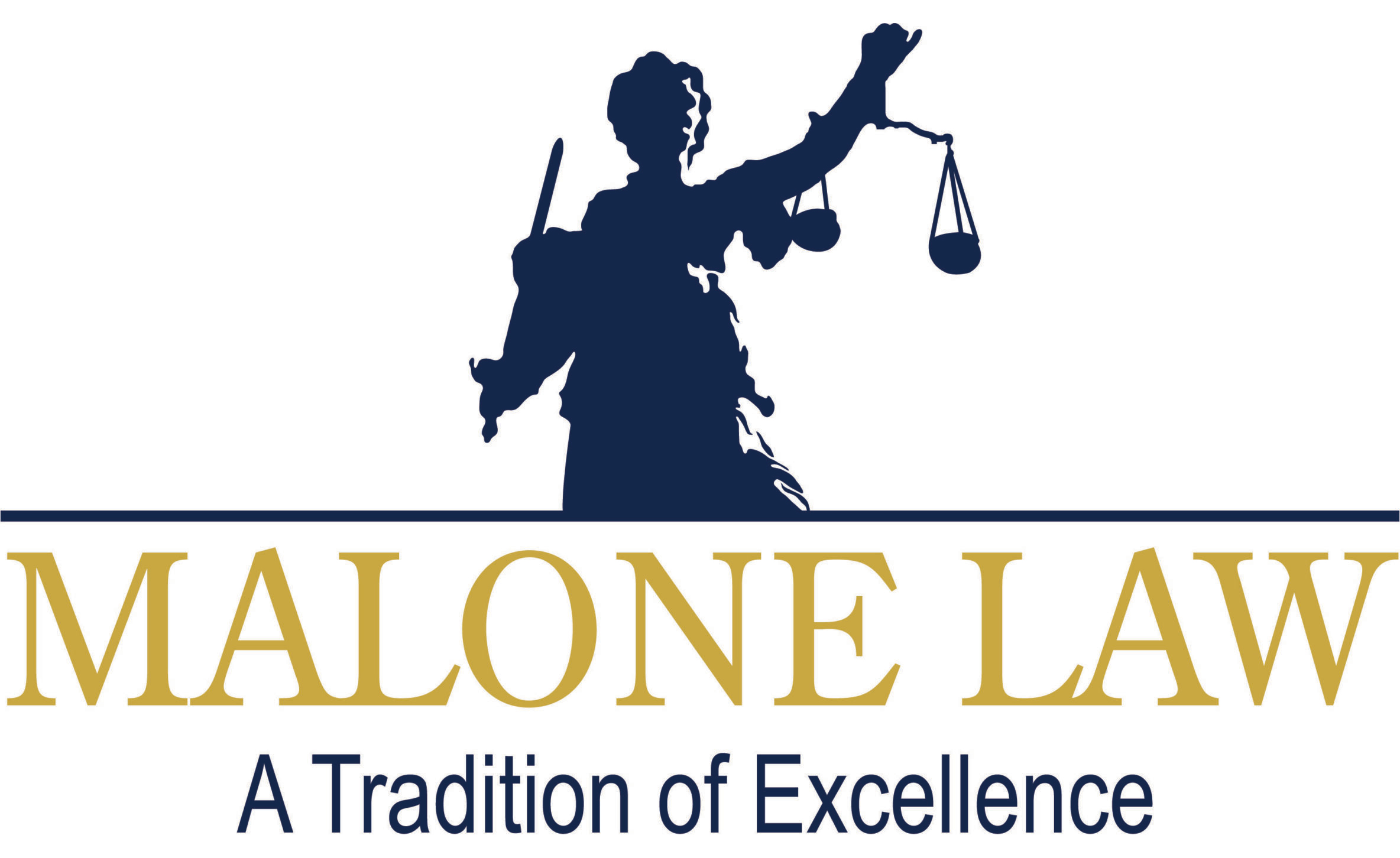
Leg injuries can include anything from minor sprains to life-changing bone fractures and amputations, and they can severely impact your life. Whether you were hurt in an accident, a surgeon made a mistake, or someone’s property wasn’t safe, leg injuries need quick medical attention.
Common Causes Of Leg Injuries
Leg injuries are some of the most frequent types of physical trauma reported in Atlanta, and they can happen in just about any kind of situation.
Automotive Accidents
High-impact vehicle crashes can lead to broken bones, crushed limbs, and damage to the ligaments. Pedestrians and cyclists are especially vulnerable to traumatic leg injuries when they get hit by a vehicle. Distracted driving, speeding, and reckless behavior on Atlanta’s roads are major contributors to such incidents.
Slips And Falls
Falls often lead to leg injuries, particularly in cases that involve dangerous conditions like wet floors, uneven sidewalks, or unmarked hazards in public or private places. Poor maintenance by property owners also often causes preventable injuries. Older people and young children are more likely to break a leg or dislocate a joint in a slip and fall accident.
Workplace Accidents
Workers at construction sites, warehouses, and factories often find themselves getting hurt on the job. Falling objects, machinery malfunctions, or falls from heights can cause serious leg injuries and even amputations. More often than not, workers are exposed to these dangers when proper safety procedures are ignored.
Sports Injuries
Athletic activities, especially high-contact sports, can cause sprains, strains, ligament tears, and bone fractures. In some cases, improper training, old equipment, or a lack of safety measures exacerbate these injuries. Both amateur and professional athletes are at risk.
Medical Malpractice
Mistakes during surgeries and misdiagnoses can both lead to various types of leg injuries. As an example, nerve damage during an operation or not setting a fracture correctly can cause long-term problems for the patient. Likewise, a delayed diagnosis for conditions like deep vein thrombosis can ultimately prove life-threatening.
Types Of Leg Injuries
Different kinds of leg injuries vary in how bad they can be, but each needs careful attention and the right treatment.
Fracture
Broken bones can include anything from hairline cracks to compound fractures, and they usually happen after some type of sudden trauma. Severe breaks often need surgery, casts or braces, and months of rehab. Open fractures carry a high risk of infection and additional issues.
Dislocation
Joints become dislocated when bones are forced out of alignment. A doctor will need to reset the joint to avoid any further problems. Untreated dislocations can lead to instability in the joint or chronic pain.
Muscle Strain And Sprain
Overstretching or tearing muscles and ligaments can create a lot of discomfort and problems with mobility. Many strains are minor and heal with a little rest and physical therapy. However, severe cases might need extensive treatment. Repeated strains can also increase the risk of chronic conditions like tendonitis.
Ligament Tear
The anterior cruciate ligament (ACL) and meniscus are particularly vulnerable to tears, especially for those who participate in sports. They’re painful and often need surgical repair, and it can take a long time for them to heal. Even after intensive therapy and rehab, some people are no longer able to continue playing sports.
Amputation
Catastrophic injuries or severe infections might cause the partial or complete loss of a leg. Besides the immediate medical care, amputations need long-term rehab and prosthetics. Additionally, the emotional toll of losing a limb means many patients need psychological counseling and support.
Diagnosis And Treatment
In Atlanta, doctors typically use the following methods to diagnose a leg injury:
- Physical Exam: Doctors assess pain, swelling, and range of motion to identify injuries
- Imaging Tests: X-rays, CT scans, and MRIs give detailed views of bones, ligaments, and soft tissues
- Specialized Tests: Ultrasounds and nerve conduction studies are helpful in complicated cases that involve soft tissue and nerve damage
Treatment depends on the type of injury and how bad it is. Common non-surgical approaches include:
- Casts, braces, or splints to stabilize fractures or sprains
- Physical therapy and rehab exercises to improve mobility, strength, and flexibility
- Medications, ice therapy, and elevation reduce pain and swelling
In more severe cases, patients may need some type of surgery. Procedures like internal fixation (using plates or screws) can be used to stabilize severely broken bones. Torn ligaments might need reconstruction surgery, and severe cases may lead to amputation and the need for prosthetics.
For some people, alternative therapies like chiropractic care, acupuncture, and massage therapy help with pain relief and recovery. These treatments can be especially helpful for managing chronic conditions that appear after a leg injury.
Legal Options For Leg Injury Victims In Atlanta
If you suffered a leg injury in an accident caused by someone else’s negligent or careless behavior, you might be able to collect compensation for your financial losses. Atlanta laws give victims the chance to file for compensation in a variety of situations.
Personal Injury Claims
If your injury was caused by a car accident, slip and fall, or another incident triggered by negligence, you can file a personal injury claim. Compensation typically covers hospital bills and other medical costs, lost wages, and pain and suffering.
Workers’ Compensation
Employees who have been injured on the job in Atlanta can file for workers’ compensation benefits to cover their medical costs and lost income. If someone’s negligence played a role, you can file a personal injury claim alongside workers’ comp.
Medical Malpractice Claims
Victims of medical mistakes, such as a botched surgery or a delayed diagnosis, can go after compensation for their financial losses through a medical malpractice lawsuit. These cases usually need testimony from expert witnesses and detailed evidence to prove that the healthcare provider didn’t meet the standard of care expected of them.
What To Do After A Leg Injury
Get medical care as soon as possible, even if the injury doesn’t seem severe. Quick treatment ensures proper care and creates a record of your injury. Take pictures of the accident scene, your injuries, and any contributing factors. Collect contact info from witnesses and write down the details while they’re still fresh in your mind.
Stick to your doctor’s treatment plan and go to all follow-up appointments. This helps your recovery and provides evidence of the injury’s impact. As soon as you’re able to, you’ll want to talk to an attorney about your legal options. They’ll help you pursue reimbursement for your injuries.
Protect Your Rights After A Leg Injury
A leg injury can upend your life and leave you with physical pain, emotional trauma, and financial problems. If you’ve been hurt in an accident in Atlanta, Malone Law Medical Malpractice and Severe Injury Lawyers can help you. Contact our law firm at 770-390-7550 Our team is ready to help you through the legal process and fight for the compensation you deserve.

